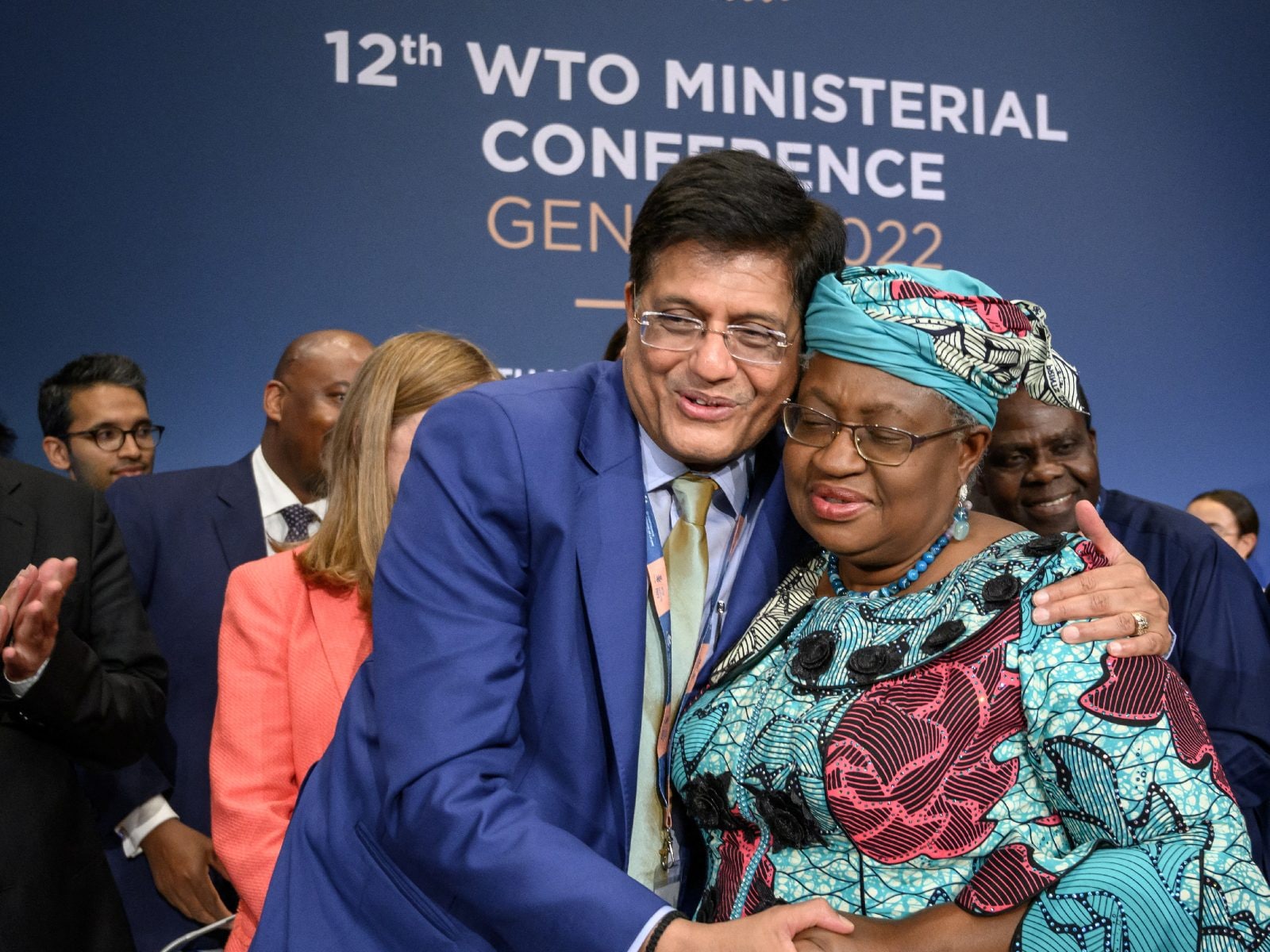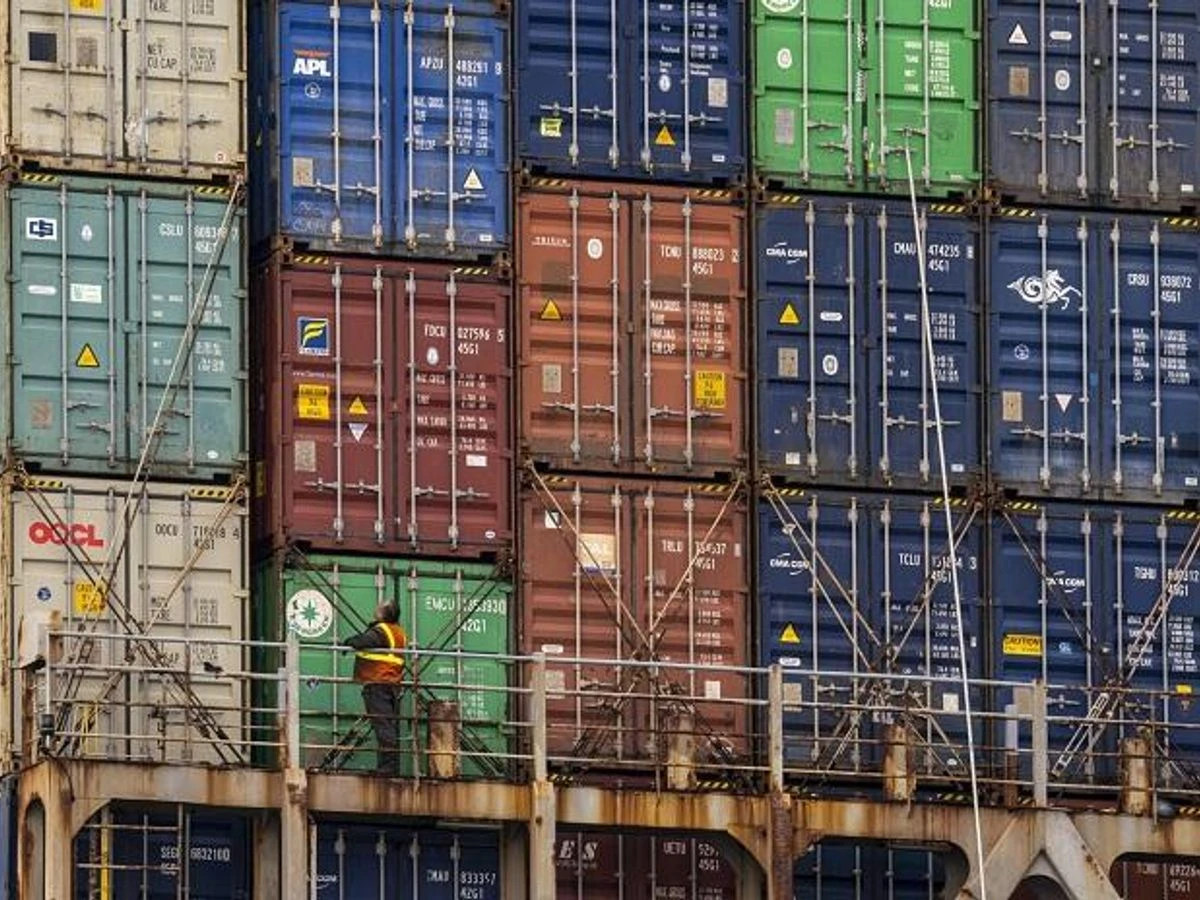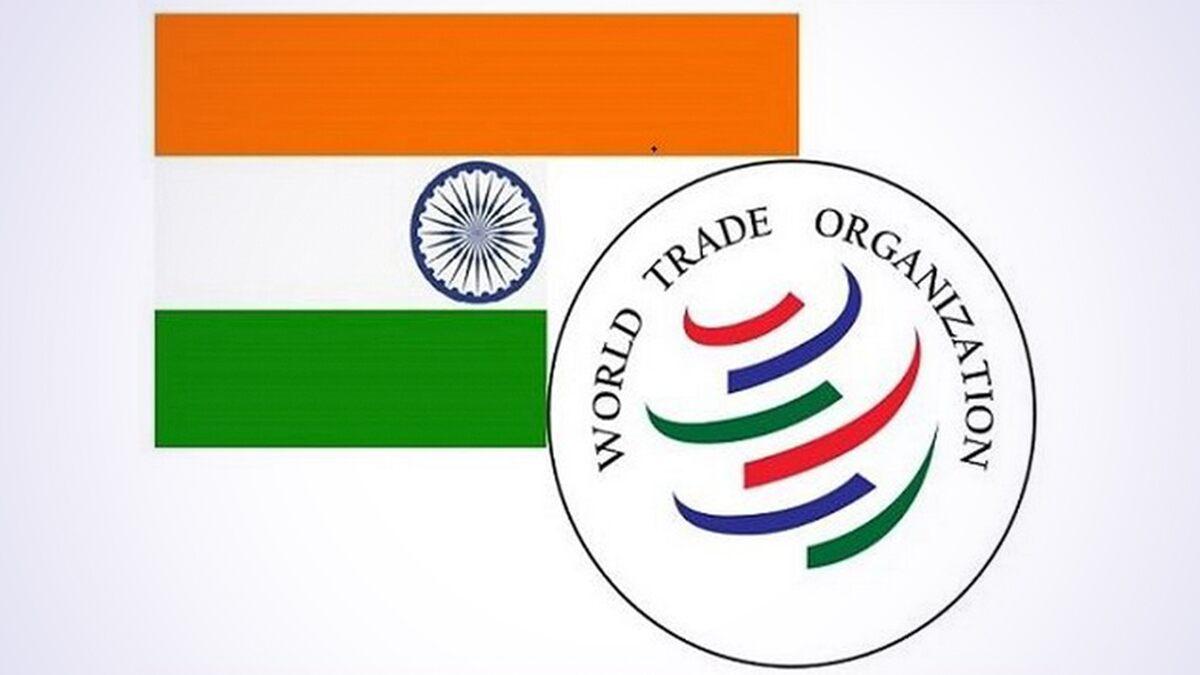Abu Dhabi WTO Meet May See India, Others Team Up Against EU Rules 2023

Abu Dhabi WTO Meet May See India, Others Team Up Against EU Rules 2023
At the next ministerial summit of the World Trade Organisation (WTO), the four recent climate change and trade-related legislation of the European Union are anticipated to be a significant source of contention. According to a senior official, developing nations are expected to mount a considerable fight against the move and ask for concessions to assist them in dealing with the global trade disruption that would result from it.
The WTO’s highest-ranking decision-making body, the Ministerial Conference, will have its 13th meeting in Abu Dhabi at the end of February.

India has previously filed a document at the WTO opposing the Carbon Border Adjustment Mechanism, often known as the carbon tax. Following India’s approach, other nations, including China and the African Group members, have also lodged their objections with the organization that oversees international commerce. Starting in January 2026, the tax will be applied to iron and steel, cement, aluminium, and fertilizers.
The industries that would be most impacted from India’s perspective are steel and aluminium. About 27% of India’s $8.5 billion in steel and aluminium exports in 2022 went to the EU.
“This (EU regulations) will be a big deal during the conference. So many nations have already filed filings with the WTO objecting to this. According to a top official, conversations will likely be placed on this, and a consensus will manifest.
He added to assist exporting nations in navigating the new regulatory climate, “We will also need to discuss and engage with the EU at the conference (on the new regulations).”
)
The source acknowledged that because the new restrictions would apply equally to domestic EU industries, governments need more tools to challenge them. “The WTO’s dispute mechanism is inoperable. We will only suffer if we don’t communicate or conduct business with them.
The EU is using the most recent technology and entering new fields of industry to fulfil the obligations that the new rules demand. “The EU can be asked for some assistance for trade and sharing new technologies,” the official added.
The WTO’s ‘Aid for Trade’ provision aids least developed nations in developing their export capacities.
The EU has released three more laws in addition to the carbon price. Deforestation Regulation mandates that businesses ensure that any agricultural goods they export to the EU are not cultivated or reared on land cleared of trees as of December 2020. The EU Foreign Subsidies Regulation allows the 27 member states the power to halt the import of goods if they were made with the help of subsidies and are causing market distortions. Additionally, it suggests that beginning in January 2027, shipping will be subject to CBAM-like taxes.
The Supply Chain Due Diligence Act, introduced in Germany, aims to enforce labour norms on imports.
Ajay Srivastava, head of the Global Trade Research Initiative, said, “Once the regulations are implemented fully, these will help the EU raise $500 billion to $800 billion annually through the sale of emission allowances, collection of fines, and other related fees.”

Other industrialized nations, including the UK, US, Canada, and Japan, are considering implementing a carbon tax, which will be levied on emissions beyond a threshold at the production stage of a product to reach their net zero emission objectives. This will cause additional shocks to global commerce.
The World Trade Organization (WTO) is at the core of global trade governance, setting the rules for trade between nations. However, conflicts and disagreements between member countries are expected. One such scenario unfolded at the 2023 WTO meet in Abu Dhabi, where India and other nations may team up against particular European Union (EU) rules.
This article delves into the specific issues that were the focal point of the discussion and the broader implications of these conflicts for international trade and governance.
The European Union has increasingly implemented regulations and standards to protect the environment and consumers and adhere to ethical practices. While these rules may align with EU policy, they have drawn criticism from various other countries for being overly restrictive or protectionist.
The EU’s ambitious Green Taxonomy aims to categorize economic activities based on their environmental impact. However, some countries, including India, argue that these measures are tailored to European industries and do not consider the economic realities of developing nations.

GDPR and related policies impose stringent requirements on data handling, which can burden non-EU companies and affect trade relations.
The EU’s Common Agricultural Policy (CAP) has long been contentious, with complaints about unfair subsidies to EU farmers undermining farmers in other countries.
India, representing a large and economically diverse country, has expressed concern over these EU rules, considering them discriminatory against developing nations.
India sought to build coalitions with other nations similarly affected by these rules. Countries from Africa, South America, and Asia were potential allies in this battle against what they perceived as an uneven playing field created by EU regulations.
The European Union defended its regulations as essential to its values and goals, including climate change mitigation and consumer protection. The bloc was willing to engage in dialogue but remained firm.
As a mediator, the WTO aimed to find common ground between the conflicting parties. This required careful negotiation and a balancing act, addressing legitimate concerns without undermining the principles of free and fair trade.
The Abu Dhabi WTO meeting highlights the delicate interplay between regional regulations and global trade rules. While countries have the sovereign right to enact policies reflecting their values and goals, they must also consider the impact on international trade and relations.

This meeting is a microcosm of the broader tensions within global governance, where conflicting interests and values must be negotiated.
If the conflicts raised at the Abu Dhabi meeting are left unresolved, they could further polarize international trade relations and hamper the WTO’s goal of facilitating global trade. On the other hand, successful mediation could serve as a blueprint for resolving future disputes, emphasizing the WTO’s role in maintaining an equitable global trading system.
In a world grappling with unprecedented challenges such as climate change, the pandemic aftermath, and economic inequality, the outcomes of such international meets will shape the future of global trade and cooperation. The 2023 Abu Dhabi WTO meet is a critical juncture, reflecting our interconnected world’s broader struggles and hopes.




